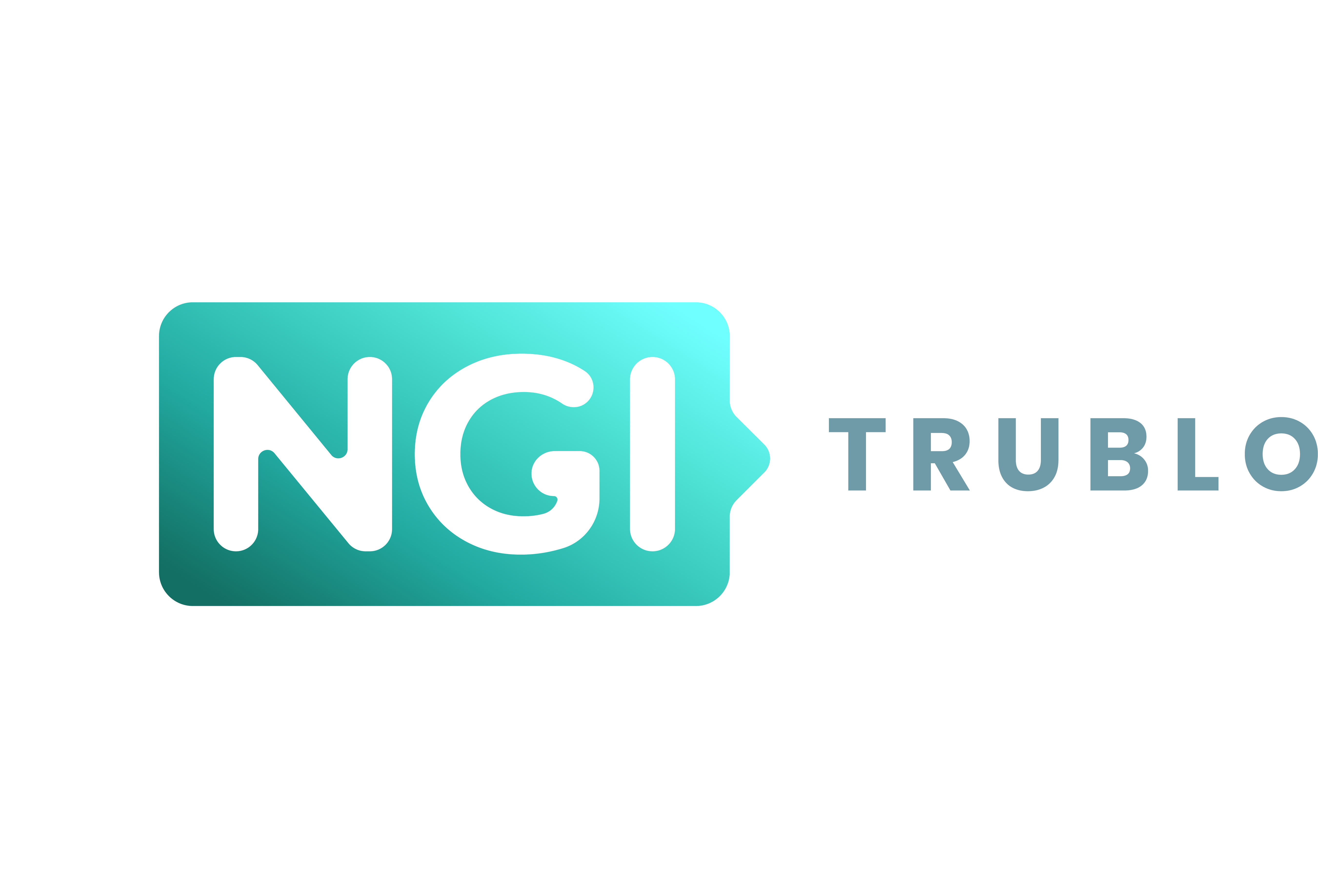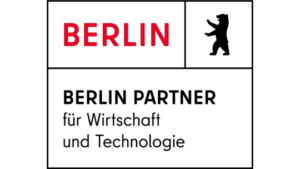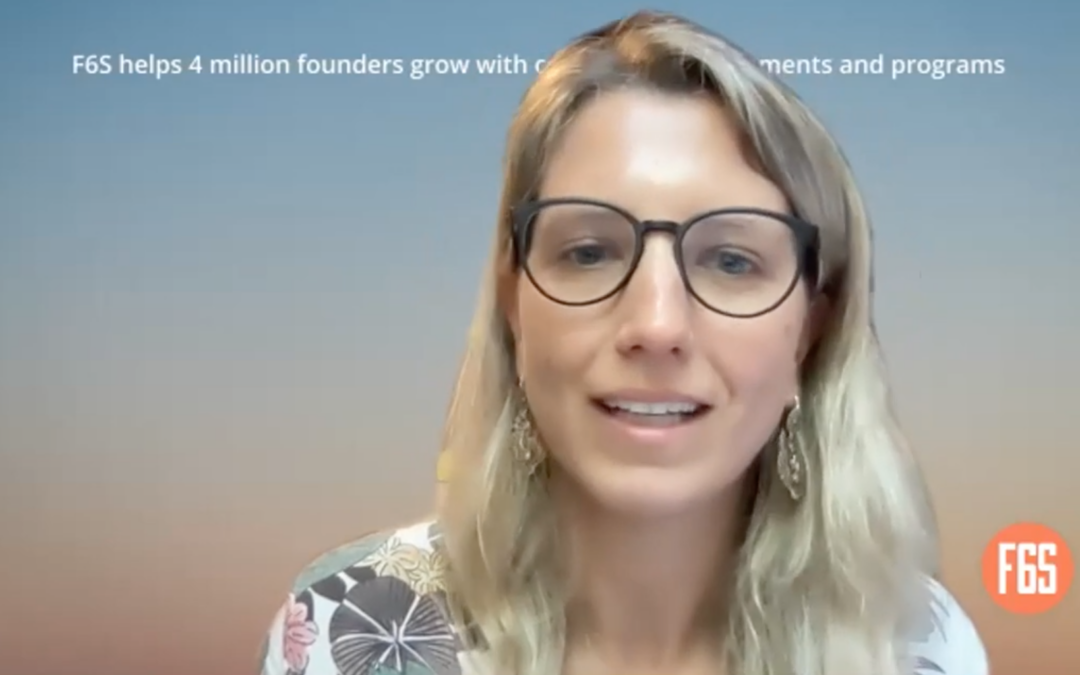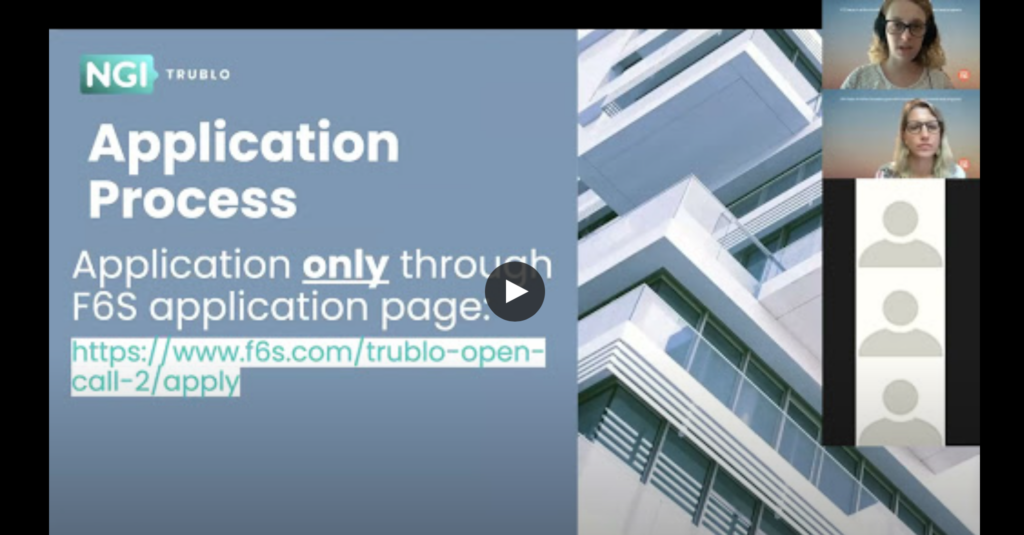
TruBlo Newsletter #24
A condensed weekly update from the intersection of trust, content, and blockchain.
Estimated reading time: 9 minutes (1873 words)
Share: Please share this newsletter with colleagues or friends who might find this helpful.
Social: Follow us on Twitter for direct interactions, feedback, or questions.
Projects: Check out the profiles of funded projects on our website.
PROJECT UPDATE
Kick-off with projects selected in the second open call: Last week, TruBlo organized a two-day kick-off with the 15 projects selected for funding in the second open call. In total, including the projects selected in the first open call, there are now 25 active projects.
Updates this week:
TRUST
A lot of trust for few: Crypto Custody Providers
Crypto custody providers are specialized services. Their job is to store currency securely. In the current market, eight of these platforms have a relatively large share of the market:
“10% of all cryptocurrency ($250 billion) is stored on just 8 crypto custody tech providers/custodians”.
Blockdata has an overview and comparison of these providers.
“Like in a wild west movie when the sheriff rides into town.”
How much cryptocurrency has been stolen so far? Here is one estimate: Roughly $10 billion, between 2011 to 2021. Is that a lot? Not so much? Hard to judge. To be fair: Even in the traditional banking market, money scams result in money every year. Potentially the crypto market is not worse, but not better either. The big challenge here is that usually, people are tricked into handing out their credentials. Still, about a third of the losses are because of security breaches.
In more detail:
- In total, $2.86 billion has been stolen through security breaches and $6.8 billion has been stolen through scams, and $0.335 billion through DeFi hacks.
- In the US, the Internal Revenue Service (IRS) seized cryptocurrencies to the value of $3.5bn, which is 93% of all seizures.
- Approximately $10 billion in total worth of cryptocurrencies has been stolen between 2011 and May 2021
Quote: “It’s like in a wild west movie when the sheriff rides into a lawless town – they need to have brought the big guns with them if they’re going to get the situation under control. These “guns” broadly fall into two areas – new laws and new tools.”
An informative article by fin-tech writer Chris Gledhill on LinkedIn provides more numbers and trends (and links to official reports).
The Do-Everything companies
The “Wall Street Journal” documents how fast-growing tech companies are diversifying into one area after another. They are overtaking the former positions of the “old guard”, companies like General Electric or Siemens.
Why it matters: Media and communication markets are more affected by monopolistic structures than utility markets. It might be bad for the price competition if all electricity comes from one company. But if all information and advertising come from just a very few companies, it is a complex problem.
What is Explainable AI (XAI)?
Artificial intelligence systems should not be a black box. Although it might be complex to understand how a system works, judging and verifying the output should be possible. This must be possible for the conclusions as well as how the system came to them. To get there, we need “explainable AI” (XAI).
- Explainable AI comes in three types:
- Global (what the system is doing),
- Local (how a model came up with a prediction), and
- Social (how users might behave in response to the system’s predictions)
This is viewed as important:
- A survey by IDC from 2020 showed that many business buyers see “explainability” as a “critical requirement”.
- The European Commission High-Level Expert Group on AI has referenced XAI as a guiding principle.
Venture Beat: What is explainable AI? Building trust in AI models
NGI Policy Summit: How can we rebuild the internet as a public good?
From November 29 to December 1, 2021, the European “Next Generation Internet” (NGI) community came together to discuss the future of the internet.
The Policy Summit discussed how we could build an alternative model for the future of the internet through the lens of three overarching themes: keeping the internet global, building a sustainable, interoperable Internet, and reclaiming the internet as a public good.
Note: There is a great option to view selected speeches “on-demand”, meaning that you can select the speakers and talks you are interested in. Our recommendation is to watch the talk by book author and internet activist Cory Doctorow.
Twitter: @NGIForward
European Innovation Report: Some progress here
“The European Innovation Report 2021” provides some evidence that the deep gap between start-up and funding activities in the US and Europe might become more narrow. There is a notable increase in innovation funding and startup activities in Europe. Gradually the EU can claim progress in the field of fast-growing (and well funded) startups.
A question for the future is: How will the EU companies differ (in business models, values, ethics) from the large US or Chinese companies.
CONTENT
EU Commission supports a “European Newsroom.”
The EU supports the organisation of a collaborative project to report European news. The project will bring together 16 news agencies and be led by “Deutsche Presse Agentur” (dpa) from Germany.
Key design challenges for crypto and Web3
As a consumer, as a normal user: How will you tell a scam from the correct log-in page of a cryptocurrency platform?? If you are a project manager for a crypto platform, this article is required reading. It shows examples and helps to understand better what the solution must be.
Cosmetics company Lush demands actions for a safer environment from platforms
Lush announced that it would close down the Instagram, Facebook, TikTok and Snapchat account it operates in all 48 countries they are present.
They demand actions from the platforms “to provide a safer environment” for users. Twitter and YouTube will stay in operation.
Axie Infinity: Is the play-to-earn model sustainable? Experts have doubts.
For every gamer, this must sound too good to be true: Get paid to play. This, though, is what the platform Axie Infinity offers. The company is the “current flag-bearer for the emerging play-to-earn (P2E) business model” (Source: Naavik).
Here is how it works: You get paid in cryptocurrency if you fight monsters in Axie Infinity. But there is a catch. To start the game, you have to pay an entry fee of $1,000. Many players come from low-income countries and do not have such an amount. This has led to the emergence of sponsors, who enable a new player to get in, but then take a cut of the earnings. So far, so complex.
At the current state, the game economy is dependent on massive user growth to pay existing players. But this year, the cryptocurrency used in the game by the name of “Smooth Love Potion” (SLP) has lost value compared to US-Dollar. Analysis firm Naavik published a partially free study about Axie, link below.
Financial Times ($): Crypto’s hottest game is facing an economic maelstrom
Analysis by Naavik (partially free to read)
Seeing is believing? Look at these examples of deep fakes and think again
This links to an older article from Technology Review (from August 28, 2020). But have a look, it’s important to see this. The article shows how easy it is to use Software to create deep fakes. There are examples in the article, which have a surprisingly high quality.
The creations that are possible are used for all kinds of memes. For all kinds of platforms such as Twitter, Instagram and TikTok.
This means: Millions of people are seeing them. Users need to recalibrate what they think is true and what is not true. As the article says: Things are getting weird.
Metaverse: Crypto states vs crypto corporates
Who will be the leading force in the future metaverse: A large company pushing advertising into every area? Or will new organisations and groups be pushing against pure commercial usage? Fascinating outlook into the future.
BLOCKCHAIN
Enterprise Blockchain Report: Funding requirements for startups notably higher
LeadBlock Partners, a venture capital fund, has published its enterprise blockchain report. The data is based on 250 startups. In comparison to earlier surveys, the startups expect to need higher funding to succeed.
According to the survey, a challenge for raising money is the lack of blockchain know-how among investors. 58% of the interviewed startups disagreed with the question of investors’ competence in this field.
Another question of the survey was which platforms the startups would choose. Ethereum is still in the lead here, with a share of 28%. The article has a breakdown of all platforms in use, with more detail.
Ledger Insights: Enterprise blockchain startup funding requirements more than double
Mosaico: Using tokens to connect startups with investors
Mosaico is located in Poland. They facilitate contact between startups and investors. So far, the company has an amount of $12.5 million for 28 projects. To an extent, the tokenization of a business project is a very early IPO – in the sense that investors can buy parts of the company.
“With four years of presence in the crypto industry, Mosaico has successfully incorporated blockchain technology into equity crowdfunding within Europe. Besides creating attractive opportunities for investors to diversify their portfolios, the entity plays an advisory role for its patrons and beneficiaries. “ (Cointelegraph)
CurioNFT offsets carbon emissions using “lazy minting”
The criticism over energy use for mining Bitcoins or minting NFTs (Non-fungible tokens) seems to result in platforms taking action. For an upcoming NFT project, CurioNFT will reduce carbon emissions by using “lazy minting”. This means that the process is initiated at a time of low Ethereum usage, thus “generating 2% of the emissions of a typical NFT”. The platform says the carbon costs are equivalent to sending 17 emails with attachments. The company is involved in other activities to offset emissions. They have so far planted 12,000 trees.
Quick updates: Recent news about digital money/blockchain in El Salvador, the EU, Japan, Nigeria
- El Salvador: The International Monetary Fund issued a note about the financial situation in El Salvador. The IMF warned the country about the risks associated with its blockchain policies. In the country, Bitcoin is an official currency. LINK
- The EU Parliament and the European Council are moving forward to allow a pilot program for blockchain-based tokenized securities (EU Report here). This would allow financial instruments like stocks or bonds could utilize blockchain as the backend technology. Quote: “Under the sandbox program, certain existing legal requirements are temporarily waved, subject to limits.” LINK
- Large banks in Japan and 70 other companies are getting ready to trial a new digital currency for large business transactions. The trial is planned for the second half of 2022. LINK
- Nigeria: The country’s central bank wants financial institutions to develop products based on the newly introduced CBDC. An opportunity here to develop secure, usable solutions. LINK
Square Decentralized Exchange Protocol white paper
Financial company Square published a white paper for a decentralized exchange protocol. The idea would be to enable payments across different types of fiat and cryptocurrencies. LINK
How can Ethereum evolve with Layer 2?
Ethereum has evolved into the key platform enabling smart contracts. But future growth is inhibited due to high gas prices for transactions. This is why some companies and solutions are now providing Layer 2 services.
A quick definition: “Layer 2 is another network working above the leading Ethereum network. The Layer 2 solutions stay above the Layer 1 network through a smart contract. Layer 2 can interact with the leading network and not rely on modifications to their base protocols.”
Blockchance Conference, Hamburg – December 2-4, 2021
More than 4,000 delegates, including blockchain and AI experts, developers, investors, CEOs and advisors from the EU Commission, are expected in Hamburg for the hybrid Blockchance Europe 2021 underway in the Chamber of Commerce from December 2-4.
Thank You for reading.
Would you please forward this newsletter if you think it has value for a colleague or friend?
Click here to subscribe to the newsletter.
Do you have feedback or suggestions? Contact us



 If you would like to learn more about the project and the open call please register by November 23 on the website below:
If you would like to learn more about the project and the open call please register by November 23 on the website below:


